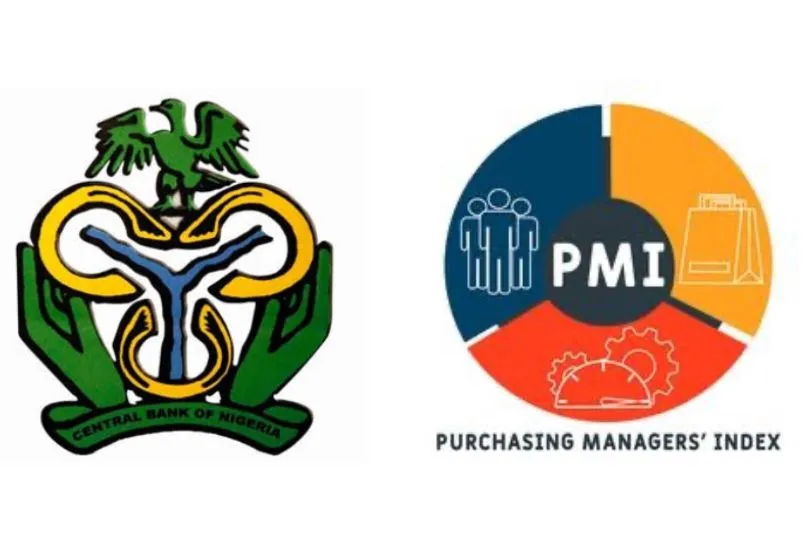The Nigeria economy displayed a mixed bag of results in January 2025, according to the latest Central Bank of Nigeria (CBN) Purchasing Managers’ Index (PMI) report. While the overall index signalled expansion for the second consecutive month, with a reading of 50.2 points, a closer look reveals a divergence in sectoral performance.
“The composite PMI for January 2025, at 50.2 index points, signalled an expansion in economic activities for the second straight month,” the CBN report stated. “However, the Services Sector index indicated a contraction in economic activities for the month.”
This divergence highlights the nuanced picture of the Nigerian economy. While the industrial and agricultural sectors showed positive momentum, the crucial services sector, a major contributor to GDP, experienced a decline. This contraction in services, encompassing sectors like transportation, finance, and hospitality, raises concerns about the overall health of the economy and its potential for sustained growth.
“Among the 14 sub-sectors assessed, only three recorded expansions and 10 experienced contractions,” the report noted regarding the services sector. “Transportation and warehousing experienced the most significant contraction.”
Read Also: Nigeria’s Economy Shows Signs of Life: PMI Surges Back Above 50
This contraction in the services sector could have significant implications for employment and consumer spending. As businesses within this sector face challenges, job losses may ensue, impacting household incomes and, consequently, overall consumer demand.
“Business activities (output), new orders, stock of raw materials, and employment levels declined,” the report highlighted, further emphasising the slowdown within the services sector.
While the industrial sector showed signs of growth, driven by expansion in sectors like transportation equipment, challenges remain. Supply chain disruptions continued to pose a significant hurdle, with “suppliers’ delivery time” remaining sluggish.
“The breakdown of the index showed that composite output, new orders, and employment levels recorded growth,” the report stated. “However, the composite stock of raw materials declined to 49.8 points, and the suppliers’ delivery time slowed further to 49.6 index points, suggesting delays in supply chains.”
Read Also: Nigerian Businesses Remain Confident Despite Slight Growth Moderation
These supply chain bottlenecks can hinder production, increase costs for businesses, and ultimately impact the overall competitiveness of Nigerian industries.
The government, recognising the need to support economic growth, has proposed a new tax bill that includes exemptions for essential items such as baby products, locally manufactured sanitary pads, and household food items. These exemptions aim to alleviate the burden on consumers and stimulate domestic production.
“The 2024 Nigeria Tax Bill has proposed value-added tax (VAT) exemptions on items such as baby products, locally manufactured sanitary pads, and household food items,” the bill states.
While these measures may provide some relief to consumers and boost domestic production, their impact on overall economic growth will depend on various factors, including the effectiveness of implementation, the overall business environment, and the ability to address underlying challenges such as infrastructure bottlenecks and access to credit.
The Nigerian economy faces a complex landscape. While the overall PMI signals expansion, the divergence in sectoral performance and the persistent challenges of supply chain disruptions and a contracting services sector require careful attention. The government’s policy initiatives, such as the proposed tax exemptions, will play a crucial role in supporting economic growth and ensuring a more inclusive and sustainable future for the Nigerian people.












